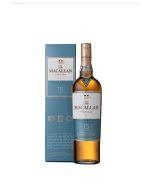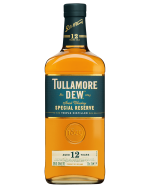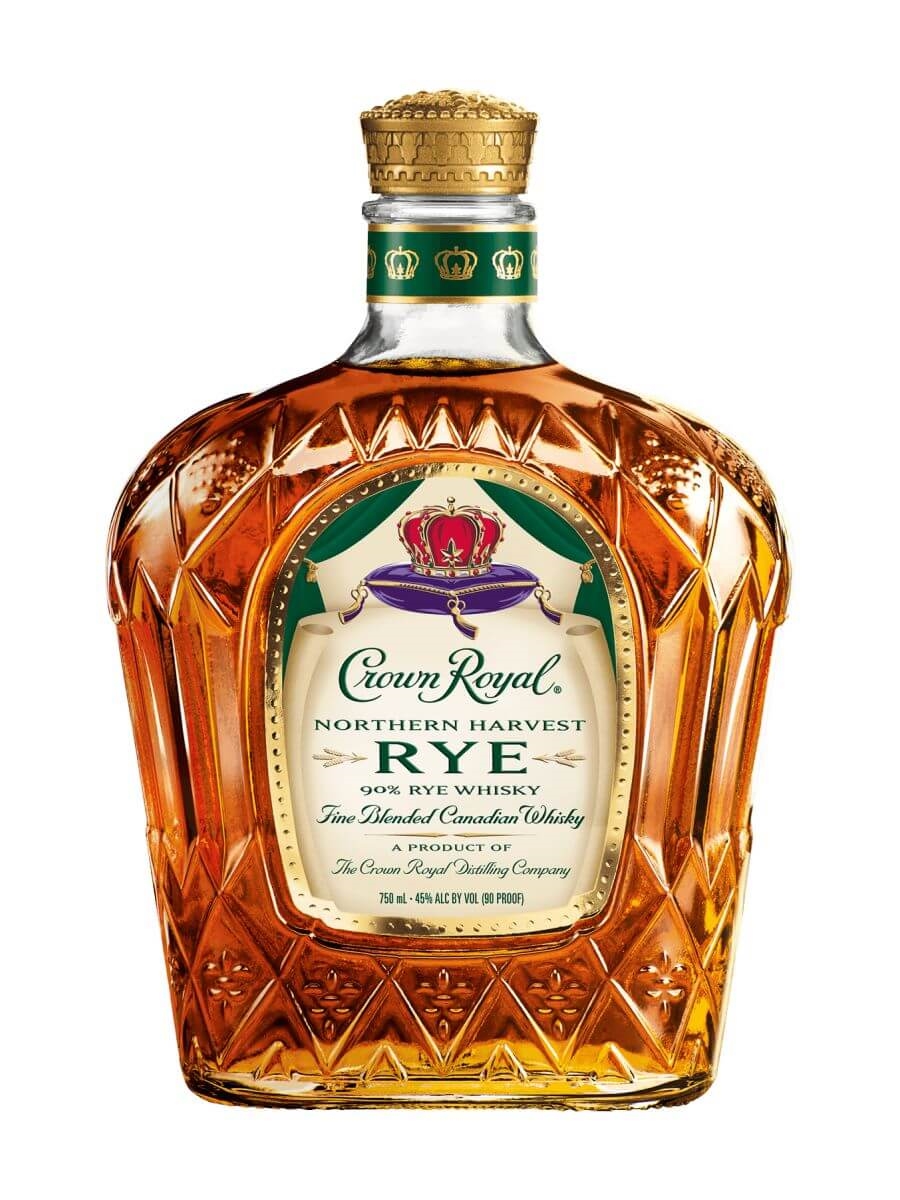I think I nee a qualifier here. When you say "Whiskey" I think of Crown Royal. Bourbon is far different to me, like Bullit and Jack Daniels and such. Scotch is more different stil, and I am definitely not a fan of thatl. I'm also not clear on the difference between Rye and Whiskey.
Can you please differentiate or are you grouping all of this under the header Whiskey?
Whisky or Whiskey is a general term for barrel aged distilled spirits made from grain/corn/malt but not sugarcane (rum) or agave (tequila) or grapes (brandy/cognac). Different countries have different laws that govern what constitutes Whisk(e)y.
In Scotland (where it is spelled without the "e"), there are a ton of rules and laws, but the two types you commonly see are Single Malt and Blended. Blended contains Malt whisky as well as grain whisky. That is stuff like Johnnie Walker. Single Malt contains only malt whisky from a single distillery (Such as Macallan). The age statement (which may or may not be present) pertains to the youngest whisky in the blend. Usually, Scotch Whisky is aged in used barrels from something else, most commonly used Bourbon barrels or Sherry barrels but also sometimes Port or Rum. Sometimes they use a combination of barrels.
In America, there are different types of Whiskey (always with the "e") too. The most common would be Bourbon Whiskey (Bulleit, Buffalo Trace), Tennessee Whiskey (Jack Daniels), and Rye Whiskey (Rittenhouse), again all mandated by law on what it must be composed of and how it is aged. In general, bourbon must be at least 51% corn with the other grains usually a combination of Rye, Wheat, or Barley as the "flavoring grain". It also must be aged in new (unused) charred oak barrels. Minimum aging for bourbon is 4 years and goes up to the 20+ year range. As it stays longer in the barrel, it will get smoother but more oaky flavored. Rye on the other hand, must be at least 51% rye. So there can be a lot of overlap between the flavor of some bourbons and ryes (E.g. you can have a bourbon made from 51% corn and 49% rye and it is a bourbon. If you change it to 49% corn and 51% rye, it is a rye whiskey). On the other hand, you can have a Bourbon with no rye at all in it that uses wheat as the flavoring grain and a 100% rye that only has rye in it and they will taste nothing alike. The exact composition of grains that is used is called the mash bill. Other variables include how much char is placed on the barrel (but it must always be new, unused oak), what type of yeast is used to ferment the grains, the climate and location of where the barrels are aged, as well as the length of aging.
Ireland has similar but different laws. It is more similar to Scotch but generally much smoother/lighter in flavor. Jameson is a popular scotch.
Canadian Whiskey (e.g. Crown Royal and others) have their own sets of laws but are usually a combination of a form of Rye whiskey and a neutral grain spirit (e.g. vodka).
Then there is Japanese Whiskey, Taiwanese Whiskey, Indian Whiskey, Australian, French, Belgian Whiskey all of which have their own rules. Most of these are very, very similar to scotch (meaning they are made based on malted barley) and for a long time were considered inferior, but some of the Japanese (e.g. Yamazaki), Taiwanese (e.g. Kavalan), Indian (e.g. Amrut), and Australian (e.g. Sullivan's Cove) have begun to compete pretty well with Scotch Whiskeys.
So in summary, Whisk(e)y, is a general term with lots of subtypes which is why there is confusion. Its just like amplifiers. Class A, Class AB, Class D, Valve, Solid state. They are all amplifiers but very different in "flavor".






